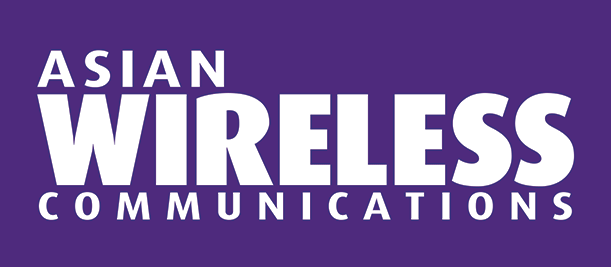04 September 2025

Robi’s 5G services went live in several key areas of Dhaka, including Fakirapul, Maghbazar Chowrasta, parts of Dhaka University, Khulshi in Chattogram, and Sagor Dighir Par in Sylhet. Shahed Alam, Robi’s head of regulatory affairs, announced at a launch event in Dhaka that the company aims to deploy over 200 5G sites by the end of 2023 and plans to expand to 1,000 sites by 2026, prioritising locations where smartphone penetration exceeds 20%.
Later that same day, Grameenphone’s CEO Yasir Azman announced via Facebook that the operator had launched 5G services across all eight divisional cities — Barishal, Chattogram, Dhaka, Khulna, Rajshahi, Rangpur, Mymensingh, and Sylhet — but only in select areas. Specific operational details were not provided. The launches follow the issuance of unified licences by the Bangladesh Telecommunication Regulatory Commission (BTRC) to Robi, Grameenphone, Banglalink, and Teletalk, allowing all of them to upgrade existing networks to 5G and even 6G under a single licensing framework.
While 5G had been anticipated in Bangladesh for several years, its journey began with Teletalk conducting the country’s first 5G trial in December 2021 in partnership with Nokia. In 2022, the BTRC auctioned spectrum worth US$1.2 billion in the 2.3-GHz and 2.6-GHz bands, intended to bolster 4G capacity and lay the groundwork for 5G deployment. Both Robi and Grameenphone secured additional spectrum in the 2.6 GHz band after lengthy negotiations over pricing.
Despite these developments, the rollout has faced delays due to a slow regulatory process. The BTRC has yet to establish comprehensive guidelines for 5G deployment, and telecom operators have been cautious, citing high costs, limited 5G handset penetration, and uncertain demand as significant barriers. The political turmoil in Bangladesh last year, which included protests, crackdowns, and internet shutdowns until Prime Minister Sheikh Hasina’s resignation and departure in August 2024, further hampered progress.
Industry insiders, including Faiz Ahmad Taiyeb, special assistant to chief adviser Muhammad Yunus, acknowledged at Robi’s launch that 5G use cases are still in the early stages of development. He called on regulators, government, and operators to collaborate more effectively to realise 5G’s potential for all sectors. Taiyeb also indicated that the BTRC plans to release additional spectrum, including 700 MHz soon, and is considering spectrum in the 800 MHz and 900 MHz bands. He suggested that a phased shutdown of 2G and 3G services could free up valuable spectrum for 4G and 5G services.






